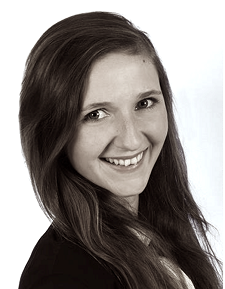Inheritances and gifts: Possibilities for a fair taxation of intergenerational capital transfers
Main Article Content
Abstract
In Germany, transfers of assets between generations are subject to inheritance and gift tax.1 However, there are different views on whether or not the present level of taxation is high enough. Our study looks at the potential for applying increases. We show that the constitutional framework does indeed allow for higher taxation in the case of intergenerational property transfers. We identify the essential points in current German inheritance and gift tax law, which make it possible to transfer large assets with no or low inheritance tax burden. For these points as well as the determination of tax rates, we propose reform approaches and present options for the use of possible additional income.
Article Details
Articles in IGJR are being published under the Creative-Commons License "CC 4.0 BY". On the basis of this license, the article may be edited and changed, but the author always has to be credited for the original work. By sending your article to IGJR, you agree to the publication of your article under this license. Please contact us if you do not want to have your article be published under CC 4.0 BY.



